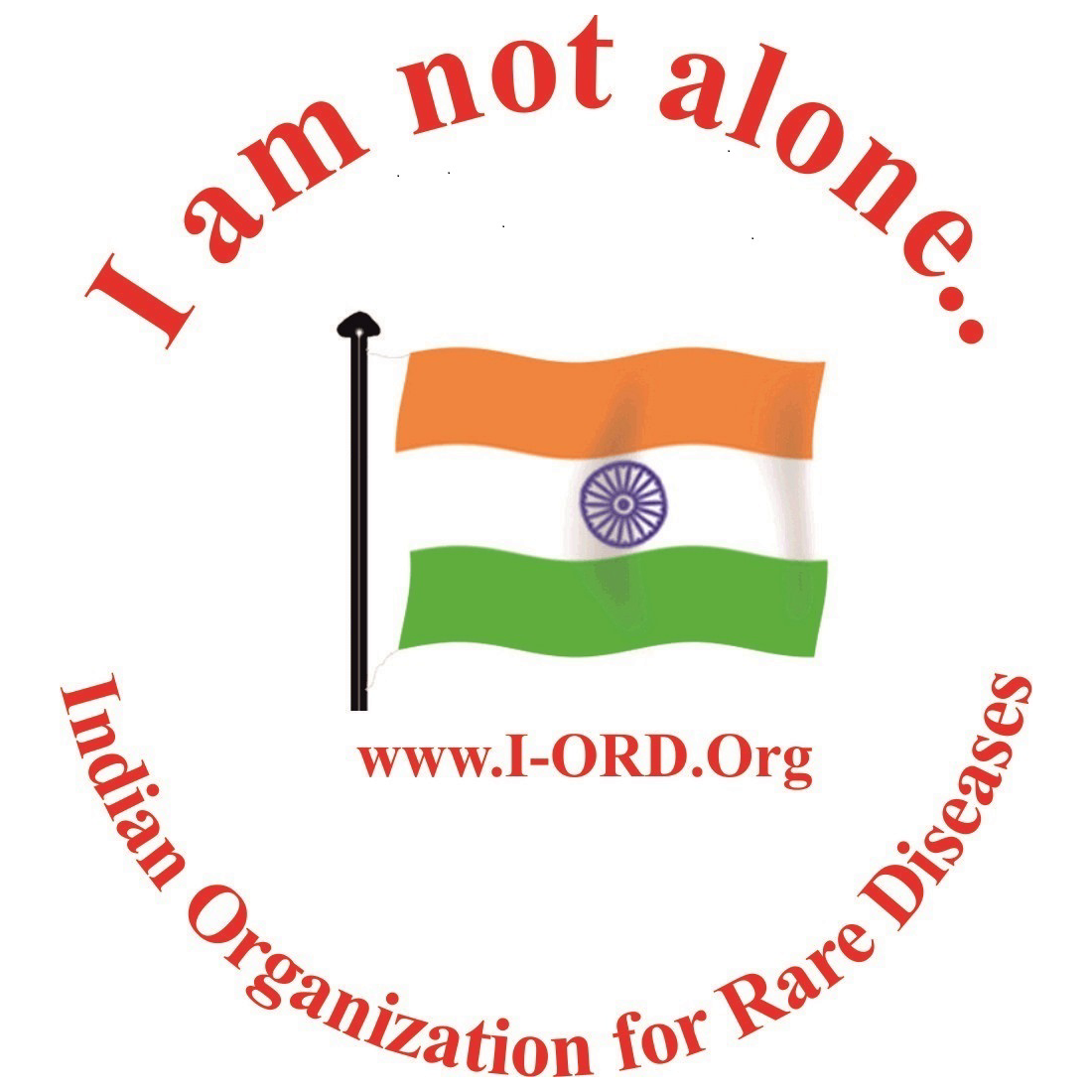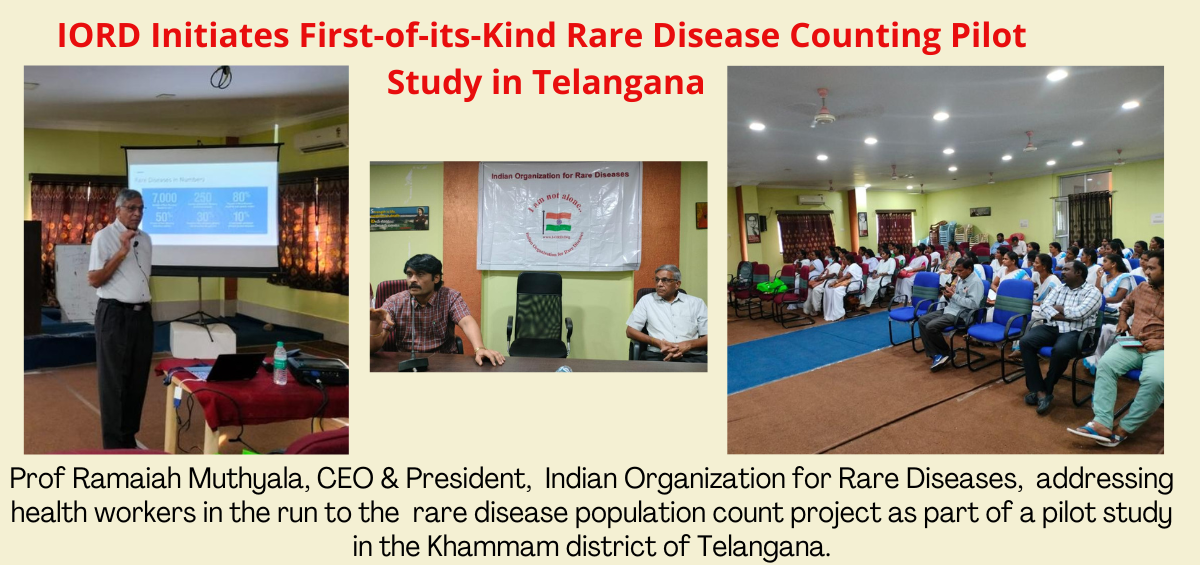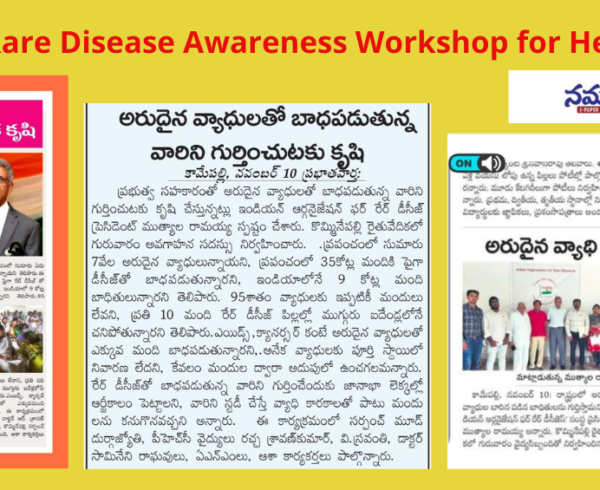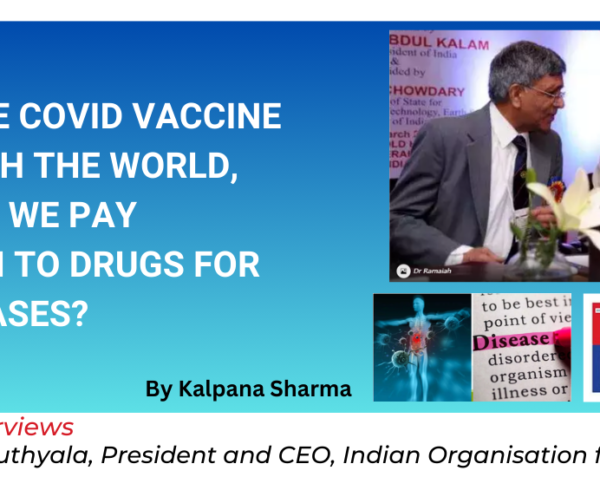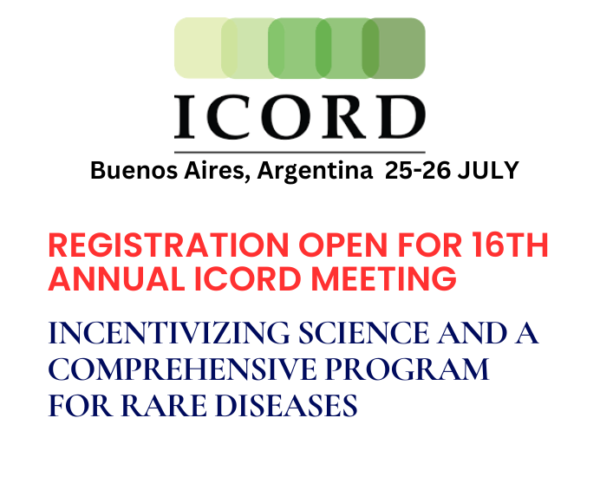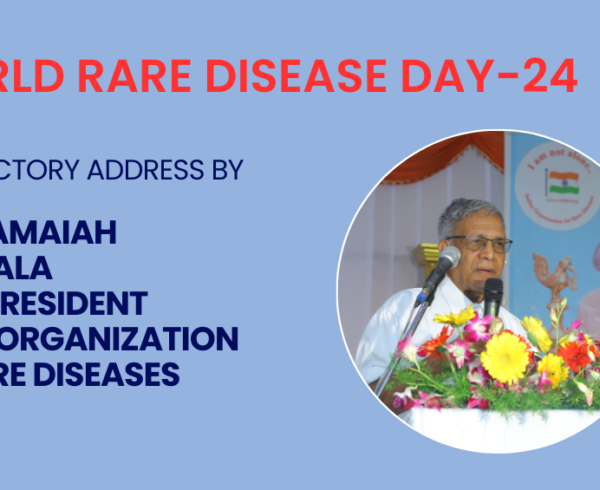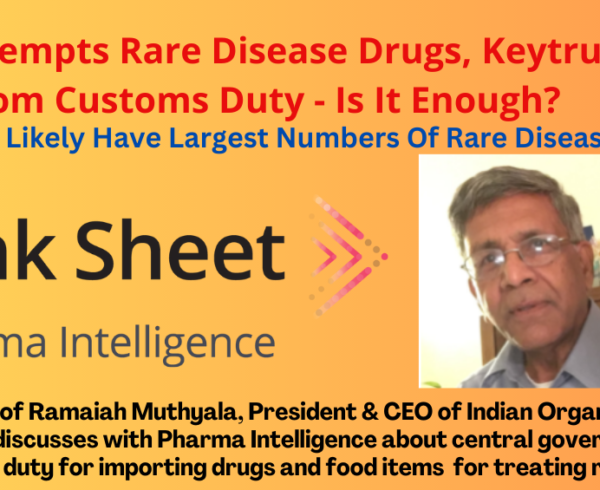Khammam: In a unique initiative to identify and count rare disease populations as part of a pilot study in Telangana, the Indian Organization for Rare Diseases (IORD) has started sensitization and interactive awareness meets with health workers in the Khammam district of Telangana.
The pilot study – supported by Telangana state health commissioner Dr Sweta Mohanty and partnered by Project Y and the Rare Care Centre at Perth, Australia, Children’s Hospital – is being undertaken in one geographical region: Khammam.
“The State of Telangana health commissioner, Dr Sweta Mohanty, permitted us to undertake this project which we started to execute in the Kamepally mandala and Khammam township as a test case,” said Prof Ramaiah Muthyala, CEO & president, IORD.
In his address to the health workers, Dr Ramaiah Muthyala said that India’s healthcare budget is 1.72% of the GDP for 1.3 billion people. The US healthcare budget is 17% of the GDP for 300 million people.
“The importance of rare disease patients count is undeniable for drafting the national health policy and defining rare diseases. We believe forming a national healthcare policy based on the borrowed definition would not provide satisfactory results,” he said.
Although the rare disease ecosystem has grown across all spheres, including patient identification, treatment facilitation, orphan drug research & development, and framing of national RD policies all over the world, in India, rare diseases have received some attention only in the last 5-7 years.
Pilot Project:
For the implementation of the pilot project initiated by IORD, the DM&HO, Dr Malathi, Dr Rambabu Dy DM&HO, PHC Karepalli Dr Shravan Kumar and ground-level Accredited Social Health Activist (ASHA), Auxiliary Nurse and Midwife (ANMs) and primary health care workers would be playing a key role in the process.
“We selected one urban town and one rural Mandal with two lakh sixty thousand residents covering 73 villages. This would serve as a pilot case and can be extended to other cities and states,” said Dr Ramaiah Muthyala.
Counting rare disease patients in India:
Usually, specific rare disease patient organizations have a reasonably accurate count of patients if they maintain patient registries. Unfortunately, in India, only a fraction of one per cent of such patient organizations are in good standing. The ICMR, equivalent to the National Institutes of Health (NIH), announced in 2013 and 2017 that it would create registries for rare diseases; they are still under investigation.
Another probable approach – The Indian Census remains one of the most extensive administrative exercises in the world. For the census, enumerators spread out across India to visit every household. It, unfortunately, undercounts young children. Despite it, in time, we could not convince the census commission to include rare disease issues in the 2021 census. That means we have to wait another ten years.
An accurate RD population count is impossible regardless of which method one adopts. The next best to a reliable estimate is here.
“Hence, we proposed a unique method specific to our country through the assistance of an Accredited Social Health Activist (ASHA). They are the grass root level workers who made the National Rural Health Mission in India unique worldwide. They are the most knowledgeable people about the health of the rural and underserved population; the community trusts them to share health-related matters,” said Dr Ramaiah Muthyala.
The ASHA workers maintain village health registries. They played a critical role in eradicating Polio and Covid pandemics. They were deservedly awarded the WHO Director General’s Global Health Leaders’ Award in May 2022 for their outstanding contribution toward protecting health.
The ASHA system is a rich resource for counting patients with minimal or insignificant added expenses. RD patients are counted through the “door-to-door” meeting. The familiarity with community health allows ASHA workers to differentiate typical common disease patients from uncommon diseases. This is followed by a series of questions relating to patient history that narrow down the identity of the uncommon disease patient as diagnosed or undiagnosed. In other words, it is like separating the forest from the cornfield, not identifying individual trees.
The problem of Rare Disease definition:
There is no accepted definition for rare diseases in India. The National Health Policy for Rare Diseases Treatment has been drafted three times using the USA definition of Rare Disease.
The drafted policy did not manage to satisfy the needs of patients, industry and healthcare providers adequately. We believe this is due to a lack of estimated patient count and an absence of an accepted definition. Of course, there are many other reasons as well.
The importance of rare disease patients count is undeniable for drafting the national health policy and defining rare diseases.
Abbey Myers as a representative of patients, and Dr Marion Finkle, the first director of the FDA Office for Orphan Products Development, played critical roles in coming up with a legal limit of 200,000 people in the USA. This was their best approximation at that time based on expert opinions and a few known rare diseases.
“We do not have Abby Myers or Marion Finkle, unfortunately. So how do we find a reasonable estimate of RD patients in India?,” asked Dr Ramaiah Muthyala.
